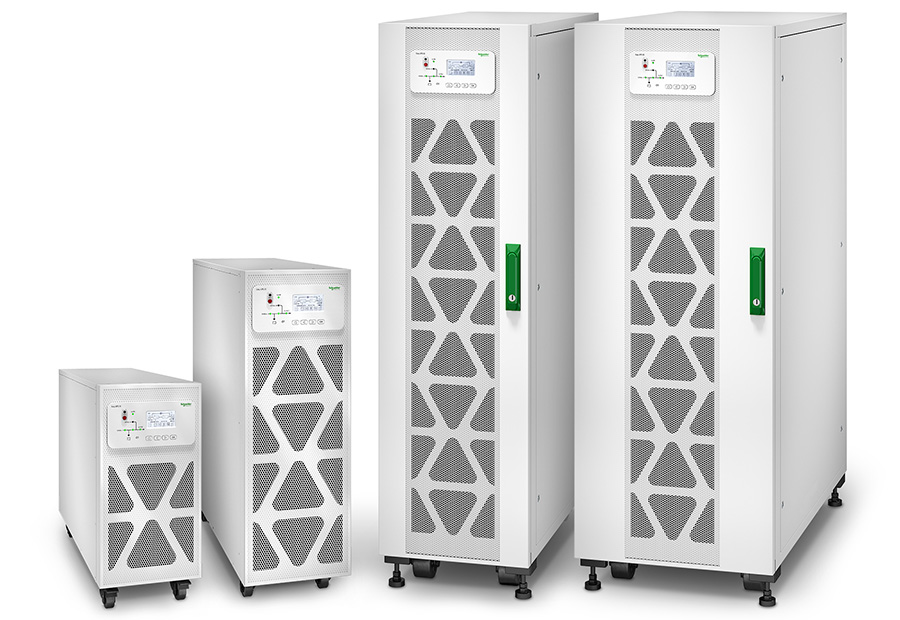An uninterruptible power supply (UPS) is an appliance that offers power protection for your electronic equipment, ensuring that electricity continues to be available in the event of an outage or irregular power. It does this using a built-in battery and advanced circuitry to switch from mains power to the battery within a split second, with no disruption to connected equipment.
However, it is easy to overlook the benefits of a UPS, particularly in regions with highly reliable utility power, such as in Singapore. Moreover, interruptions to power are typically short-term events that are restored in minutes or within an hour. The result is a complacent attitude that views UPS as being surplus to business requirements.

Power Outages are a Business Risk
Yet, extensive digitization and the pervasive use of digital technologies have made businesses more reliant on technology than before. This means that even a brief power outage can have a severe impact on the bottom line in our highly-connected world.
To understand the risks posed by a power outage, consider what would happen if the power went out in a retail establishment during the crucial lunch hour or in the evening of a weekend. Cash registers and other point-of-sale (POS) equipment would simply stop working, triggering large-scale confusion and frustration at large retail outlets.
Credit card terminals would cease working too, which means businesses risk losing the sales of big-ticket items until power is restored. Within corporate offices, employees will likely be forced to lounge around as IP phones go dark, and the desktop computers and wireless Internet connectivity needed for work wink out.
Protecting Critical Systems
As noted earlier, a UPS provides clean battery backup power and protection for electronic devices in the event of a blackout. Plugged-in electronics are kept running, ensuring that brief power outages will have no impact on business operations.
A UPS is more than a spare power bank, however. Modern UPS also offers surge protection, ensuring that expensive hardware stays unharmed in the aftermath of rare but highly damaging spikes in power such as a lightning strikes.
It also conditions fluctuations in utility power, ensuring that IT systems are fed a stream of clean power that is stable and free from jitter. This is notable as a poor power can damage sensitive electronics over time, resulting in a shorter lifespan for equipment such as POS systems and networking hardware.
Finding the Right UPS
Finding the right UPS is easy, as they are available in various power capacity with different levels of protection and features. They range from small shoebox-sized units suitable for home use, to large 3-phase units like these from Schneider Electric to protect industrial equipment or micro data centre deployments.
Small businesses with simpler requirements can start by determining the equipment run time they need should power fail. Larger businesses can look to UPS units that can be upgraded as the organisation expands over time or that incorporate advanced management features such as the ability to send an automated alert in an outage.
The latter can be useful for equipment such as refrigeration units storing high-value pharmaceutical products, for instance, ensuring that support personnel stay on top of the situation.
To find the right fit for your UPS, check out the online UPS buying guide from APC by Schneider Electric here.












